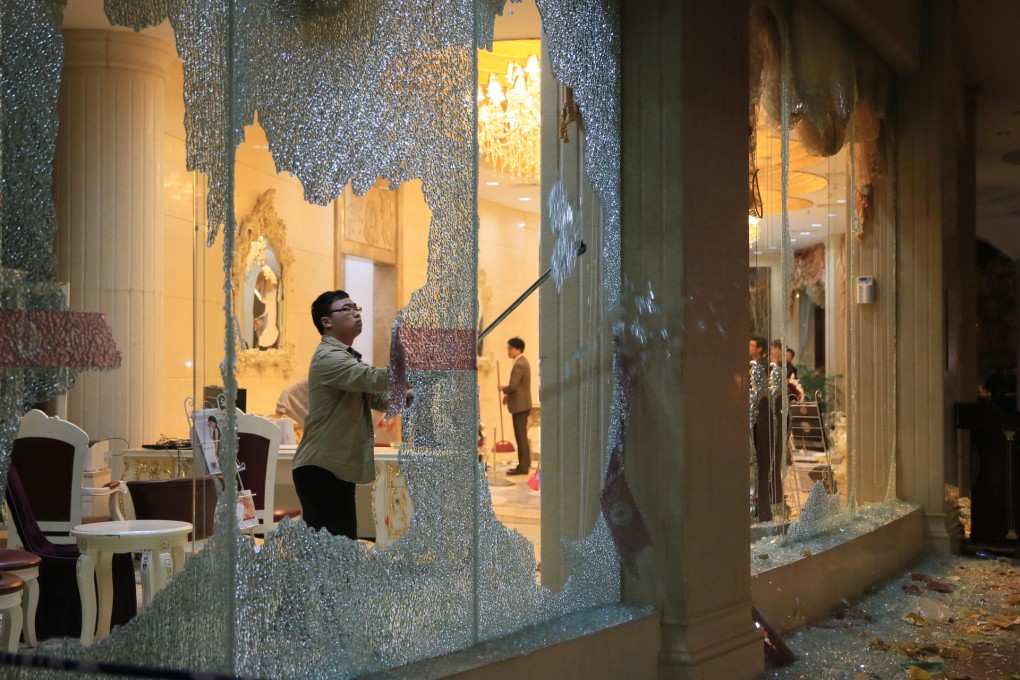In the face of escalating physical violence, outspoken Chinese doctors take grievances online
Microblogging medics on the mainland vent their feelings about the frequent violence of patients' families towards members of the profession

Dr Ning Fanggang goes to work every day with a heavy heart. The medical doctor says his profession saves lives, and deserves dignity, respect and gratitude in today's China. Instead, doctors and other health care workers are increasingly being attacked and seriously injured by the very people they are trying to help.

Ning felt compelled to write after a middle-aged couple, both local government officials, assaulted nurses and doctors at a Nanjing hospital on February 25. The woman hit a nurse repeatedly with an umbrella, leaving the care worker with spinal injuries and possible lower extremity paralysis, state media reported. The attackers were angry that the hospital, which was short of beds, had temporarily put a male patient in critical condition in the same ward as their 24-year-old daughter.
Earlier this month Nanjing police arrested the wife, who faces a criminal charge. The husband has been suspended from his position and faces administrative punishment. The hospital said the nurse recently moved her legs and lifted them briefly.
Violence against doctors is one aspect of the myriad problems plaguing the mainland's medical profession, Ning says.
"Chinese doctors have no dignity to speak of," he says.
The enormous medical care system - which in 2012 comprised almost 13,400 public hospitals and 9,800 private hospitals - suffers from underinvestment, Ning says. To keep this huge yet poorly funded machine running, its 2.47 million licensed doctors, especially those working in public hospitals, endure high workloads for meagre pay, he says.